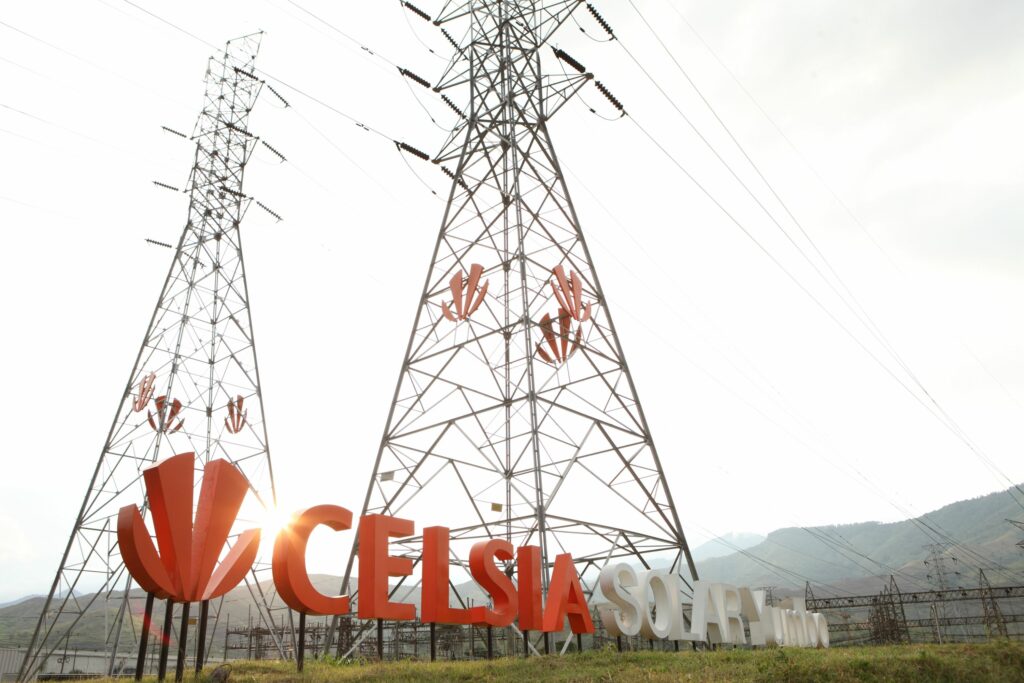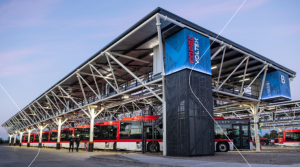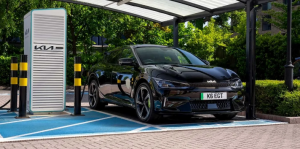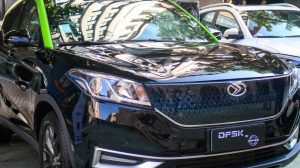Prior to the “Latam Mobility Virtual Summit: Colombia, Central America and the Caribbean” that will take place between June 9 and 10, the company dedicated to the development of renewable energies and electric vehicle chargers, Celsia, spoke with Latam Mobility about its projections related to sustainable mobility in Latin America.
The Leader in Electric Mobility Product Engineering, Michael Arroyave, commented that Celsia is currently working on the manufacture and installation of domestic chargers and the construction of large capacity buses, to meet the progressive demand for charging infrastructure in the region.
“We have the most extensive recharging network in Colombia today, covering 7 cities, in addition to the innovative generation of business models such as the Muverang initiative. Our added services include the charging infrastructure in the sales or Charging as a Service model, as well as monitoring systems for vehicles and chargers,” Arroyave said.
When asked about the plans to install more additional charging stations than the 24 in existence, Michael informed that Celsia is working on a fast recharging plan for highways.
“The project will not only benefit cars, but also buses and cargo vehicles. As it is running, it will allow drivers to make intercity routes between cities, recharging at strategic points with excellent endowments,” he said.
Arroyave also indicated that they are working on some improvements to the Celsia Movilidad Eléctrica application, adding many more functionalities.
Sector requirements
Being in the middle of a transition, sustainable mobility in Colombia (and the world) still requires certain government measures that allow its proper development and inclusion of all parts of the sector.
In this regard, Michael Arroyave emphasized the need for municipal planning on network issues, which allows access to suitable locations for the electric passenger car fleet.
“The mobility law of 2019 was a great step for the benefit of the sector, but several regulations are still pending. For EV recharging services, a VAT exemption and contribution is key so that the service is competitive against fuels. Finally, also to reinforce the previous point, it is necessary to have access to the resources of the carbon tax for the implementation of public infrastructure,” were the words of the representative.
Celsia and the electric path of public transport
The Celsia company is a pioneer in the implementation of a public transport fleet in Colombia. Initially, it launched a project for 26 electric buses in Cali, in addition to having participated in the first 100% electric yard in this country, from where it supplies the energy and material to meet the demand for 120 electric buses.
“Today Celsia offers bus operators throughout Colombia, in addition to energy for the electric fleet, design, construction and operation services for recharging systems, sales-type and Charging as a Service offers with monitoring assistance, management of chargers and buses that allow operators controlling costs and incidents,” concluded Michael.




